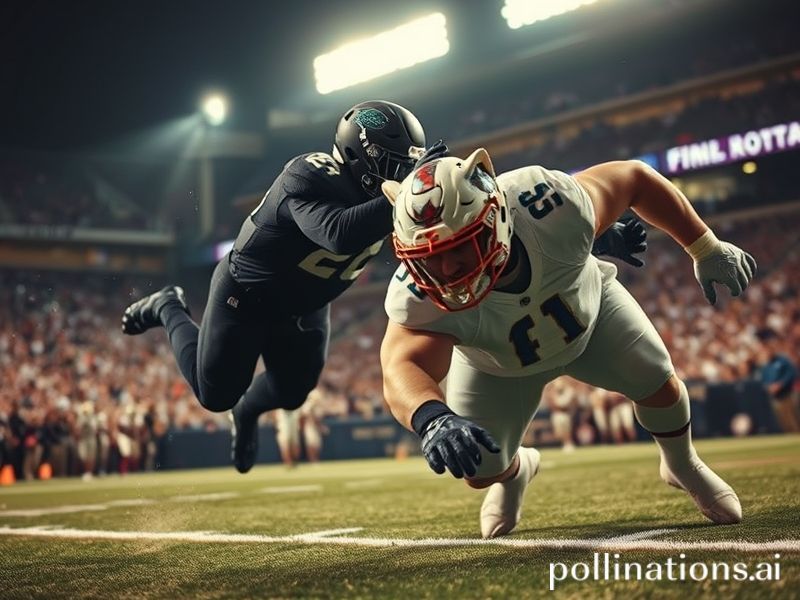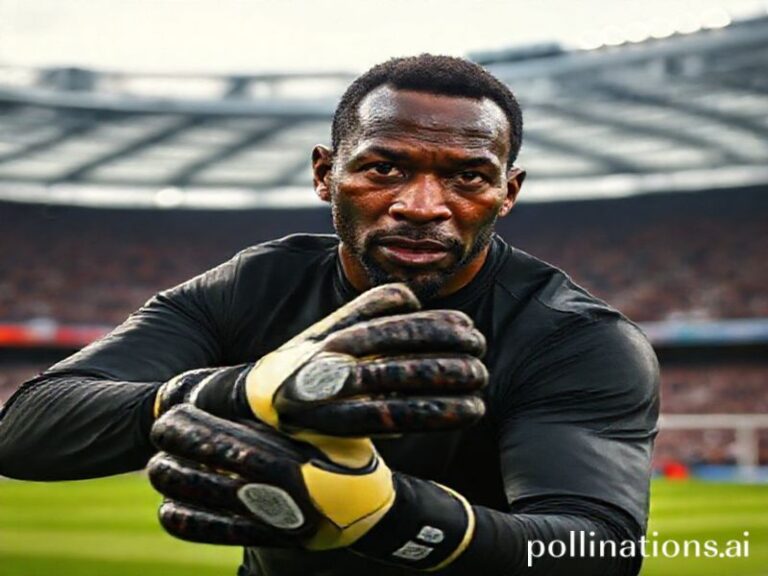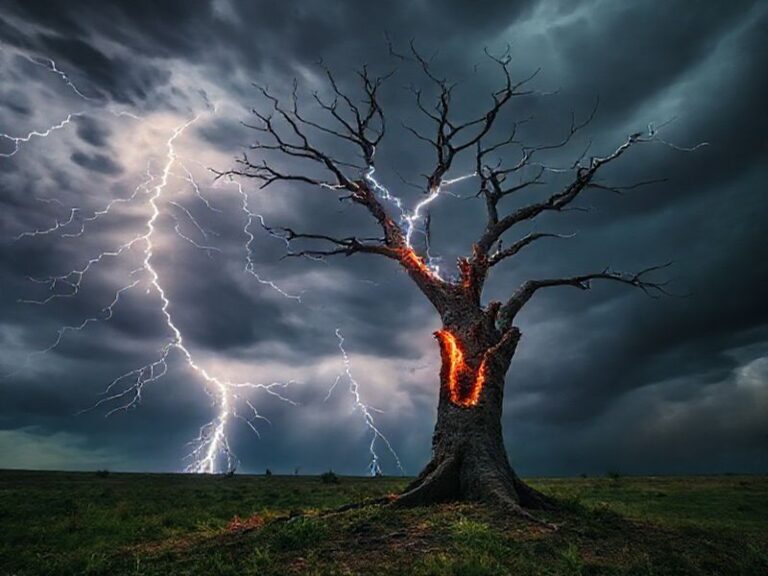bulldogs vs panthers
The bulldog and the panther have always made for an odd couple—one wheezing like a broken accordion, the other padding past in liquid silence. Yet in every corner of the planet, from Singaporean boardrooms to São Paulo favelas, their symbolic cage-match is being restaged nightly by humans who prefer metaphors to maulings. Bulldogs, with their stubborn underbites and 300-year mortgage on the word “tenacity,” have become the global mascot for the slow-moving, thick-necked powers that refuse to die: legacy media empires, petrostates, and that one uncle who still insists on fax machines. Panthers, meanwhile, slink through the collective imagination as the embodiment of sleek disruption—fintech unicorns, color-revolution hashtags, and any start-up whose pitch deck contains the phrase “move fast and break things” (preferably not the local labor code).
Consider last week’s spectacle in Davos, where a panel titled “Resilience in an Age of Uncertainty” featured an actual English bulldog named Sir Reginald lounging onstage next to a CGI panther rendered by a boutique studio in Reykjavik. Sir Reginald drooled stoically while the panther flicked its tail through a slide deck on decentralized autonomous organizations. Delegates applauded, posted selfies, and then scurried off to closed-door sessions where the real predators—private equity firms with Cayman mailing addresses—decided which national pension fund to chew next. The message was clear: the bulldog still owns the kennel, but the panther rents the cloud server and knows your browser history.
Zoom out and the pattern repeats. In Eastern Europe, the bulldog is an aging pipeline network wheezing natural gas across borders like an asthmatic smoker; the panther is a swarm of offshore wind turbines financed by Dutch pensioners who’ve never seen the Baltic outside of a sustainability brochure. In West Africa, the bulldog is a customs officer who insists on stamping forms in triplicate; the panther is a 19-year-old coder in Accra building a borderless payments app that treats sovereignty as a legacy bug. One side guards the past with the enthusiasm of a bouncer who’s been promised a free buffet; the other side monetizes the future with the casual cruelty of a cat toying with a laser pointer.
The collateral damage, of course, is the rest of us—the small mammals scurrying between paws and claws. When the bulldog finally sits down, the earth shakes for anyone renting underneath. When the panther pounces, it’s often on an ecosystem that didn’t realize it was prey until the jaws closed. Sri Lanka’s recent debt restructuring, for instance, looked from a distance like a tussle between Chinese state-owned bulldogs and Western private-credit panthers; up close, it resembled two apex predators arguing over who gets to swallow the island’s last coconut tree.
And yet, like any long-running franchise, the script is due for a reboot. Climate change is the new director, and it has opinions. The bulldog’s coal-fired growl grows weaker with every heatwave; the panther’s sleek coat is starting to moult in the acid rain. Investors—those ultimate referees—have begun placing side bets on hybrid species: the “bullicat,” a creature that issues green bonds while lobbying against carbon taxes, or the “panthdog,” a tech giant that promises net-zero by 2070 and quietly buys up oil leases as a hedge. In the end, the fight may not be won by either beast but by the parasite that learns to live inside them both.
So the next time you see a corporate logo featuring a stylized bulldog wearing boxing gloves, or a sleek fintech app that purrs every time you tap “agree,” remember you’re not choosing sides in a noble struggle. You’re merely deciding which set of teeth gets to worry your jugular first. The bell already rang; the rest is just choreography for the crowd.







